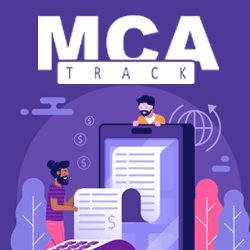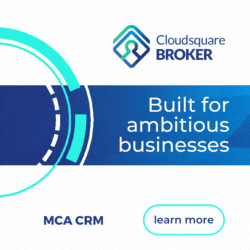Results 1 to 1 of 1
-
10-23-2019, 11:50 AM #1Senior Member











 Reputation points: 25526
Reputation points: 25526
- Join Date
- Aug 2018
- Posts
- 286
The Opportunity Cost Close - What it is, How it works, and Why it works
When to use it?
After deploying the Utility Close and hitting resistance about "cost."
What does it sound like?
"If you don’t make this investment and (insert funding project) now, what will it ultimately cost you?"
Ex.
"If you don't make this investment and start hiring help now, what will it ultimately cost you?"
How it works?
Opportunity cost is a term rooted in economics and finance that is essentially a trade-off. Every time you make a choice, there is a trade-off to consider. Everyone is in a position to analyze what you are gaining as well as what you may be giving up, or even not gaining instead by choosing not to direct your decision in another direction.
In economics, the basic definition of the opportunity cost is the price of the next best thing you could have done, had you not made your first choice. It is your job to frame the merchant moving forward with funding as their first choice, and doing nothing as their next best choice.
When framed this way, between these two options, the first option (moving forward with you) is almost always much more attractive.
There is always a perceived cost, whether you follow through or you do nothing.
What the merchant is hesitant about is the perceived cost of following through. As a Funding Pro, you can help them distinguish the cost and the price.
Price is not the same thing as cost. The price is what the customer pays for the funding - you can help them see how this is the upfront investment that allows them to achieve their Business Outcome and yield their long-term return, which is often multiples higher than the initial investment.
Cost is not price - it includes a whole range of items that may or may not translate immediately into monetary expense. Cost could be hassle, dissatisfaction and other emotional/relational issues, along with unintended consequences that may end up costing more money in the long run if the merchant does not follow through now.
It is key to first highlight the cost(s) of not moving forward with this question:
"...what will it ultimately cost you?"
Have the merchant answer. This will become the point of reference for true cost, and this true cost can be much more expensive that the price of moving forward with funding.
Why it works?
If the merchant can be brought to see that the true cost of not funding with you is far more expensive than paying the price to follow through and fund with you, then that means that the inverse is also true.
The inverse is that the merchant has been underestimating the long-term ROI of their Business Outcome that they intend on funding with your product. The payoff/gain is far more than the initial investment/price.
If the merchant has already made it this far into the Sales Process with you, they have their eyes on funding a project that will help them produce more revenue, cut costs, grow, forward their business in the direction they desire.
You can stress on what the merchant will miss out on if they do not implement your solution – and you can now insist why moving forward with your product is not an expenditure but rather an investment, especially after helping them spell out the measurable positive effects the funding will have on the business with the Impact Close.
Put the Opportunity Cost Close to work and Fund on!
-FundingStrategist
https://fundingstrat.com
https://fundingstrat.com/the-opportu...-why-it-works/
Similar Threads
-
The Effort Summary Close - What it is, How it works, and Why it works
By FundingStrategist in forum Merchant Cash AdvanceReplies: 0Last Post: 08-28-2019, 07:46 AM -
The Impact Close - What it is, How it works, and Why it works
By FundingStrategist in forum Merchant Cash AdvanceReplies: 0Last Post: 07-10-2019, 07:54 AM -
The Sharp Angle Close - What It Is, How It Works, and Why It Works
By FundingStrategist in forum Merchant Cash AdvanceReplies: 4Last Post: 05-14-2019, 11:46 AM -
The Suggestive Close - What It Is, How It Works, and Why It Works
By FundingStrategist in forum Merchant Cash AdvanceReplies: 6Last Post: 04-09-2019, 07:55 AM -
The Utility Close - What It Is, How It Works, and Why It Works
By FundingStrategist in forum Everything elseReplies: 2Last Post: 11-08-2018, 08:10 AM


 Reply With Quote
Reply With Quote















